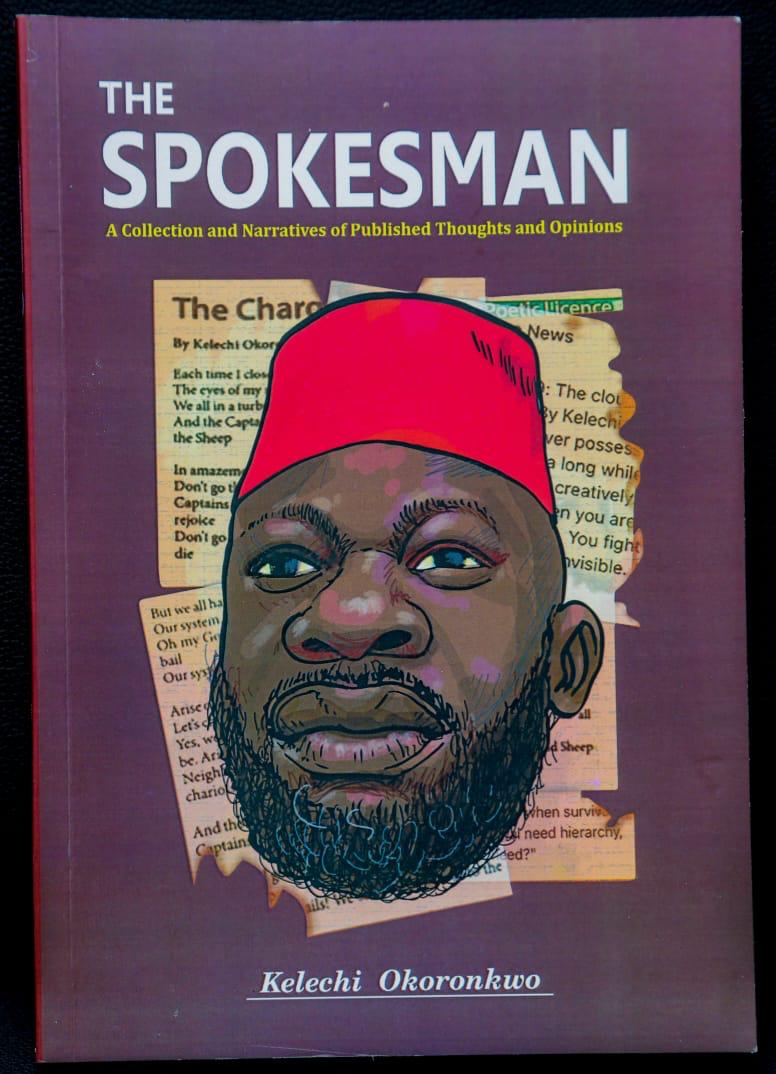
Nigeria loses popular poet, John Pepper Clark
Nigeria loses popular poet, John Pepper Clark
Renowned Nigerian poet and playwright, John Pepper Clark, has died at the age of 85. His family said the literary icon died on Tuesday in a hospital in Lagos where he had been receiving treatment.
He was popular for his poems Abiku and Night Rain which were compulsory reading for students of English literature across Africa at different points.
An English graduate from Nigeria’s revered University of Ibadan, where he graduated in 1960, he began his career as a journalist. While at the University of Ibadan, Clark founded The Horn, a magazine of student poetry. After graduating with a degree in English in 1960, he began his career as writer and journalist by working as a Nigerian government information officer and then as the features and editorial writer for the Daily Express in Lagos (1960–62). A year’s study at Princeton University on a foundation grant resulted in his America, Their America (1964), in which he attacks American middle-class values, from capitalism to black American life-styles. After a year’s research at Ibadan’s Institute of African Studies, he became a lecturer in English at the University of Lagos and coeditor of the literary journal Black Orpheus.
Clark’s verse collections Poems (1962) and A Reed in the Tide (1965) do not display the degree of craftsmanship apparent in the work of his fellow Nigerian Christopher Okigbo; but in his best poems his sensual imagination makes successful use of the patterns of traditional African life. His Casualties: Poems 1966–68 (1970) is concerned primarily with the Nigerian civil war. Other poetry collections include A Decade of Tongues (1981), State of the Union (1985, as J.P. Clark Bekederemo), and Mandela and Other Poems (1988).
Of his plays, the first three (published together under the title Three Plays in 1964) are tragedies in which individuals are unable to escape the doom brought about by an inexorable law of nature or society. Song of a Goat (performed 1961), a family tragedy, was well received throughout Africa and Europe for its dramatic skill and the poetic quality of its language. The Masquerade (performed 1965) again portrays a family tragedy, but it is The Raft (performed 1978) that is considered to be his finest piece of dramatic writing. The situation of four men helplessly adrift on a raft in the Niger River suggests both the human predicament and the dilemma of Nigeria in the modern world. Clark’s characterization is convincing and his symbolic setting richly allusive.
Get exclusive access to content from our 1768 First Edition with your subscription. Subscribe today
A more experimental work, Ozidi (performed in the early 1960s; pub. 1966), is a stage version of a traditional Ijo ritual play, which in a native village would take seven days to perform. Like Yoruba folk opera, it is alive with music, dancing, mime, and spectacle. Clark also produced a film (with Francis Speed; The Ozidi of Atazi [1972]) and an English translation of this Ijo epic
He worked as a Nigerian government information officer before moving to the defunct Daily Express as a features and editorial writer, according to his biography.
With Britannica Reports




Recent Comments